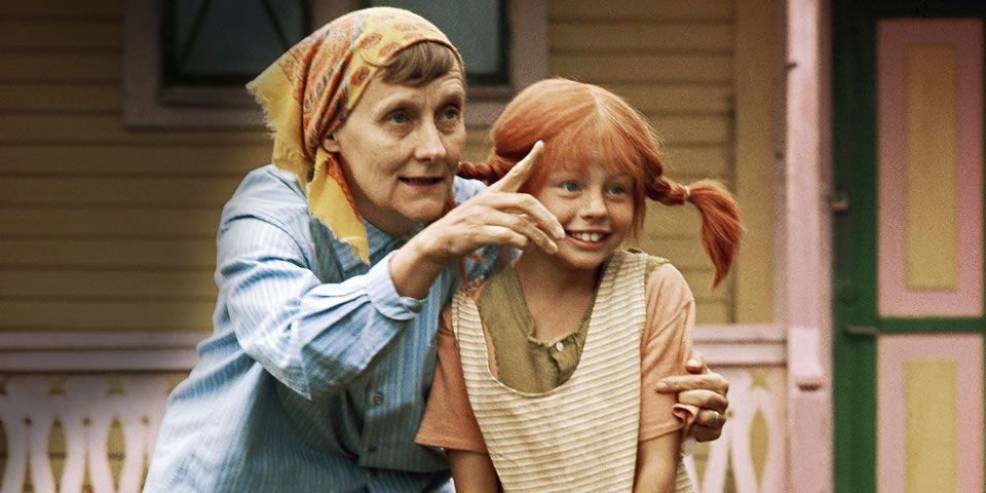At first, I described my blog as the one about ‘parenting’. In Ukrainian the meaning of this word is equal to ‘fatherhood’, and we use the same word for both meanings. Eventually, I realized that I was writing more for and perhaps closer to mothers, and the word ‘fatherhood’ seemed too patriarchal to me, so I rewrote it for ‘motherhood’ – maybe not the best choice, but closer to the point, as it seemed to me.
And recently an old friend appeared on the horizon, who turned out to be in a same-sex marriage. This couple really wants children. My friend is an extremely warm person, it’s felt immediately, I am sure that he will become a wonderful father one day, but here is a linguistic fact – he was not destined to become a mother. I’m sure he would be interested in reading this blog too, and then my ‘motherhood’ becomes extremely inappropriate. And there are dads in the maternity ward, as well as those who simply find the time and opportunity to be with the child and read about parenthood. Therefore, ‘fatherhood/parenting’ returns to the description of the blog as a general term, but is already devoid of patriarchal grade.
I know there are mothers who share my articles with their husbands, but I really wonder if there are dads who read this blog on their own initiative and interest. Join in, I’m a friend!)
I once asked my husband if he thought that at some point, if he had not given birth to our son, he would have had such a need. I never wanted children, but some part of me started screaming inside of me at the age of 27-29, that I have to do it, like now, hurry up!) The husband said no, he would not feel anything like that. I wonder if it’s same for others, and most importantly, if it’s true. But, interestingly, men also have a biological age for parenthood.
“The study found that men 45 and older can experience decreased fertility and put their partners at risk for increased pregnancy complications such as gestational diabetes, preeclampsia and preterm birth. Іnfants born to older fathers were found to be at higher risk of premature birth, late still birth, low Apgar scores, low birth weight, higher incidence of newborn seizures and birth defects such as congenital heart disease and cleft palate. As they matured, these children were found to have an increased likelihood of childhood cancers, psychiatric and cognitive disorders, and autism.
Bachmann attributes most of these outcomes to a natural decline in testosterone that occurs with aging, as well as sperm degradation and poorer semen quality, but she said that some correlations need more research.”
It seems that the biological age for fatherhood is longer for fathers than for mothers, so it’s quite possible that the psychological need that bothered me at 27-29 also affects men, just at a later age.
There is no doubt father cannot be a mother, and that the mother’s hormones are rebuilt, feelings and instincts are sharpened, not to mention childbirth and breastfeeding. But – great news – a dad can be a dad. And definitely, his instincts are sharpened too. In addition, most of the parenting work doesn’t even require instincts.
I suspect that while hormonal changes in women after childbirth were guessed long before research, changes in male hormones are harder to suspect due to cultural stereotypes, so they are less studied, but here’s the fact: men also have postpartum changes in hormones and brain, in particular, their testosterone levels reduce (at least immediately before the birth of the first child and after it according to research), which provides emm fidelity and careness.
“We found that if brand-new fathers had lower testosterone the day after their babies were born,” said Dr. Gettler, “they did more caregiving and baby-related household tasks months later.”
Some studies also suggest that the lower man’s testosterone levels are, the more likely he is to release dopamine and oxytocin when interacting with a child, so caring for a child not only strengthens the parental bond but also provides happiness, fulfillment, and reward.
Roughly speaking, in men and women, different parts of the brain are responsible for parenthood. That is, those areas are activated that are necessary in order to perform the role of mom or dad. Mothers have more active parts closer to the nucleus of the brain, which provide the opportunity to care, nurture and spot risks. In dads, the parts of the outer surface of the brain that are responsible for more conscious cognitive functions such as thinking, goal orientation, and problem solving are most active. Thus, the roles are natural, and the levels of motivation and attitude towards the child in both parents are similar.
One study from Palestinian lands occupied by so-called Israel found that breastfeeding women and men fooling around with children experienced a similar surge in happiness hormones. And it seems that the child’s brain mimics that surge ?. And since women can fool around too, we can squeeze out double oxytocin ?.
Well, you got the point.
The article uses the material from Dr. Anna Machin, an evolutionary anthropologist and author of the book “Dad’s Life: Becoming a Modern Father.”



